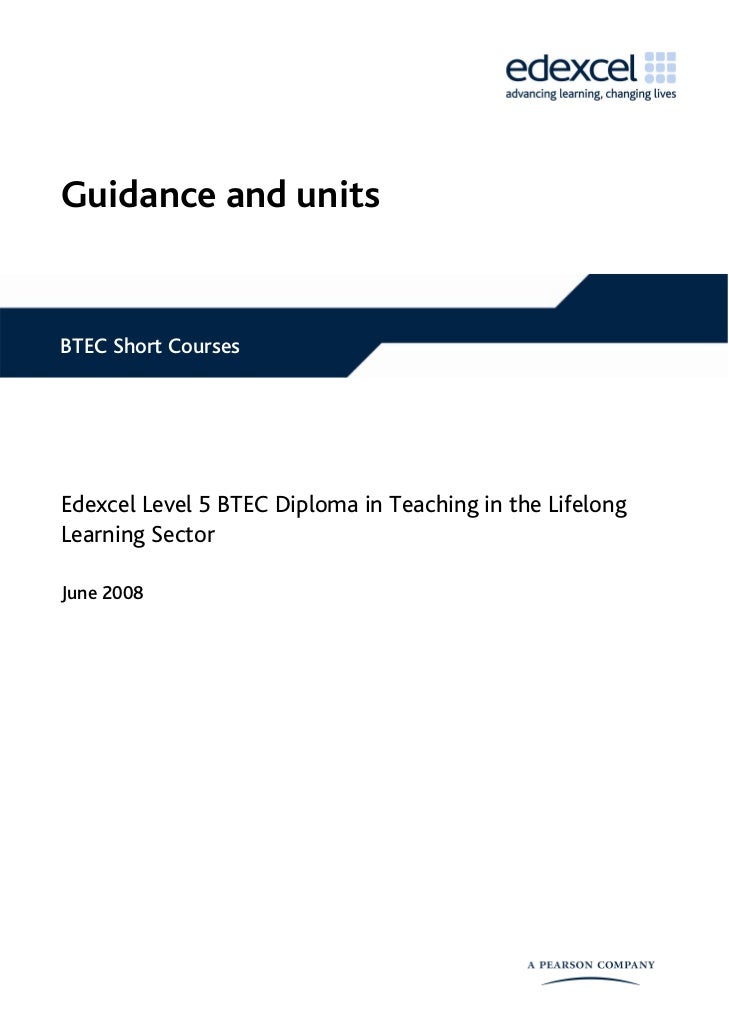Practical Teaching A Guide To Ptlls Dtlls Pdf Viewer

Following the success of her previous Practical Teaching guide, Linda Wilson has written the ultimate handbook for the student teacher wishing to pursue the next stage of training in the Lifelong Learning Sector. Practical Teaching: A Guide to PTLLS and DTLLS is the perfect companion for those studying or teaching the PTLLS (Preparing to Teach in the Lifelong Learning Sector) and DTLLS (Diploma of Teaching in the Lifelong Learning Sector) qualifications. Drawing on years of experience in the field, Linda Wilson takes readers through all aspects of teaching and learning; from the initial interviews and inductions through the learning process, to assessment and finally reflection, offering helpful and workable tips for success along the way.This book is directly mapped to the units and learning outcomes of the PTLLS and DTLLS qualifications, and supplies practical ideas for teaching in an easy-to-read style. Essential theory is introduced on a need-to-know basis, and is set in the context of its application within the classroom.
Practical Teaching: A Guide to PTLLS and DTLLS. Epub download Practical Teaching: A Guide to PTLLS and DTLLS Ebook by Linda Wilson by Linda Wilson.
Outlining the areas of research regarding principles of assessment, peer and self-assessment, feedback, questioning and types of assessment records City & Guilds Level 4 Certificate in Teaching in the Lifelong Learning Sector ( CTLLS) Introduction This assessment forms part of Unit 3, Principles and Practice of Assessment in the Lifelong Learning Sector. I have produced this rationale concentrating on areas of research that play a vital part when determining. Assessment, Education, Educational psychology 2778 Words 10 Pages. Should also be fair.
As Gravells writes, “the assessment is appropriate to all learners at the required level, is inclusive, i.e. Available to all, and differentiates for any particular needs.” (2011, p.93) The exercise we took part in during the CTLLS course clearly showed us how it felt when a task was not fair, when not all of the groups were given equal opportunities. During the exercise one group received fewer resources than the others. It is also important that students with additional needs.
Assessment, Education, Educational psychology 2060 Words 6 Pages. The Lifelong Learning Sector. Maidenhead: Open University Press.
(2007) Teaching, Tutoring and Training in the Lifelong Learning Sector. Exeter: Learning Matters Ltd. (2008) Practical Teaching: A Guide to PTLLS & CTLLS.
Andover: Cengage Learning EMEA. (1999) Improving Literacy and Numeracy: A Fresh Start [online].
Department for Education and Skills. Available from: [Accessed 1 February 2011].
Education, Educational psychology, Educational stages 1048 Words 4 Pages. CTLLS Unit 3 Principles and practice of assessment My methodology for writing this essay is so that I can gain my Ctlls qualification and support my own teaching practices. In my research for this assignment I have used books, the Internet for various websites and my notes from the lessons, as well as my own experience from teaching. Assessment is used so that I can check that learning has taken place and to what extent. I use assessment at all stages of the learning process in line with organizational. Assessment, Education, Educational psychology 833 Words 3 Pages. More formally through questionnaires or interviews, are probably the most prevalent form of assessment within teaching and are a useful tool to make sure all learners are engaged and responding.
As Ann Gravells and Susan Simpson point out in Passing Ctlls Assessment (2011) initial assessment can also be useful in establishing preferred learning styles. Petty (2009) says initial and diagnostic assessment is a four part process: plan, assess, inform and address but claims the final part – address – is.
Teri yaadein mp3 song download by atif aslam. Assessment, Education, Educational psychology 585 Words 2 Pages. Helen Black CTLLS Unit 2 Level 4 Theory Assignment Having carried out research on the following points, I would like to present a rationale of my findings; * Negotiating with learners * Inclusive learning * Integrating functional skills * Communication I started my research on ‘Negotiating with learners’ and have discovered some useful tools to assist in my own negotiating. Having started with the internet I looked at various sites detailing the reasoning and methods of negotiating. Contract, Education, Educational psychology 390 Words 2 Pages. Key Concepts and the Principles of Assessment “Assessment focuses on the learners’ performance. It is about measuring achievement, both ongoing (formative) and at the end of the programme (summative).” Wallace.